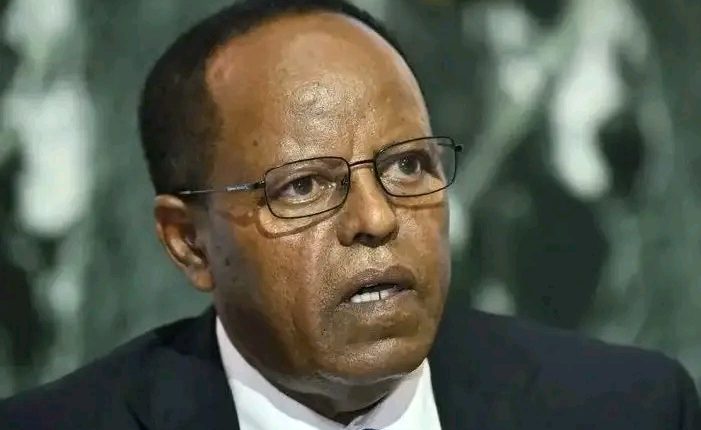Prez. Taye calls for collective action as 2025 global food security report launched in Addis Ababa
Addis Ababa, July 28, 2025 (FMC) — Ethiopian President Taye Atske Selassie has called for urgent and coordinated action at national, regional, and global levels to address the escalating global food crisis, as the 2025 State of Food Security and Nutrition in the World (SOFI) report was launched today in Addis Ababa.
Speaking at the high-level launch event, held on the sidelines of the UN Food Systems Summit +4 Stocktaking Moment, President Taye said the report offers vital data to shape both immediate policy responses and long-term strategies in the fight against hunger and malnutrition.
“The data provided are a sobering call to all of us, and clearly show the gravity of this food security crisis and the immense challenge that lies before us,” the President stated.
He emphasized that the report underscores the urgent need for sustainable and inclusive food systems, pointing to the compounded impact of rising food prices and global inflation, particularly on low-income populations.
“The report focuses on food price, the progressive impact of inflation, and indeed a demand for collective and decisive action,” he said.
President Taye highlighted the importance of global solidarity and stressed that only through unified efforts can the world ensure access to adequate nutrition for all. He noted that addressing food insecurity requires a comprehensive approach that goes beyond emergency response and targets structural challenges.
The SOFI report, jointly prepared by FAO, IFAD, UNICEF, WFP, and WHO, provides updated estimates on hunger, food insecurity, and malnutrition, and monitors progress toward Sustainable Development Goals 2.1 and 2.2.
This year’s edition pays special attention to the affordability of healthy diets and the impact of sustained food price inflation since 2020, particularly in low-income countries.
The report’s launch event gathered global leaders, UN officials, and policymakers, including UN Deputy Secretary-General Amina J. Mohammed, who echoed the urgency of addressing food systems fragility amid overlapping global crises.

